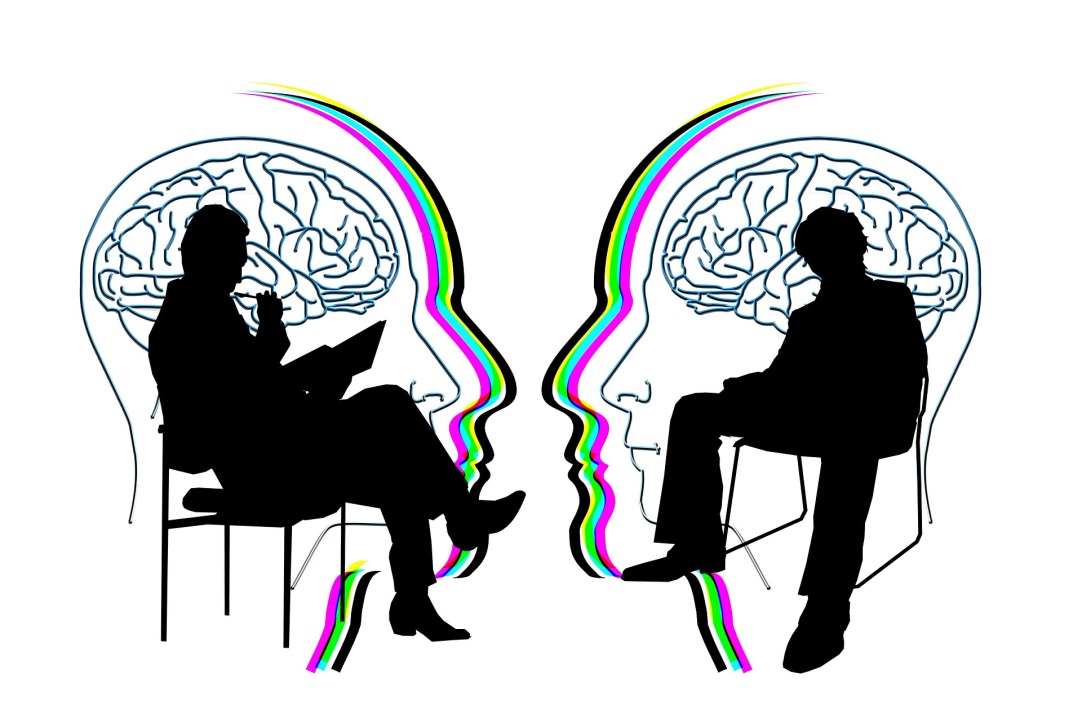Building Resilient Kids: Caroline Goldsmith’s Expert Strategies

Neurodevelopmental psychology plays a crucial role in understanding how the brain develops and influences human behavior. As a Consulting Clinical Psychologist and researcher, Caroline Goldsmith has dedicated her career to studying neurodevelopmental disorders such as autism, ADHD, and psychopathy, providing insights that shape both clinical practice and policy-making.
What is Neurodevelopmental Psychology?
Neurodevelopmental psychology examines how the brain’s structure and function develop from infancy through adulthood. It focuses on understanding cognitive, emotional, and behavioral patterns and how genetic and environmental factors contribute to neurodevelopmental disorders.
Key Areas of Research and Application
- Autism Spectrum Disorder (ASD) Caroline Goldsmith’s expertise in autism has led her to contribute to research and policy development, particularly in assessment protocols such as ADOS and ADI-R. Her work emphasizes early diagnosis and tailored interventions to support individuals across the spectrum.
- Attention Deficit Hyperactivity Disorder (ADHD) ADHD is one of the most common neurodevelopmental disorders, affecting children and adults. Caroline Goldsmith’s research explores its cognitive underpinnings, executive dysfunction, and the role of positive psychology interventions in enhancing focus and resilience.
- Psychopathy and Social Media Caroline Goldsmith’s groundbreaking study on Social Media Psychopathy (SMP) has shed light on the evolving nature of psychopathy in digital environments. Her findings provide essential insights into online behaviors, risk factors, and interventions to mitigate harm.
- Impact of High-Conflict Separation on Neuroplasticity Currently researching the effects of high-conflict separation on children’s neuroplasticity at Oxford Brookes University, Caroline Goldsmith’s work aims to inform legal and psychological interventions that support child well-being in custody disputes.
Understanding ADHD in the Workplace
ADHD affects executive functioning, which includes skills such as time management, prioritization, and impulse control. Key challenges individuals with ADHD may encounter in a professional setting include:
- Difficulty with Organization: Struggling to keep track of deadlines, paperwork, and tasks.
- Procrastination and Time Management Issues: Difficulty prioritizing tasks and estimating the time needed for completion.
- Distractibility and Focus Problems: Frequent interruptions and difficulty maintaining attention on tasks.
- Impulsivity in Decision-Making: Speaking out of turn, rushing through work, or making hasty decisions.
- Struggles with Task Completion: Starting projects with enthusiasm but having trouble following through to completion.
Common Workplace Challenges for Individuals with ADHD
Goldsmith identifies specific workplace difficulties that may arise for employees with ADHD:
- Meeting Deadlines: Time blindness can make it challenging to complete projects on schedule.
- Staying Engaged in Long Meetings: Extended discussions can be difficult to follow without losing focus.
- Managing Multiple Tasks: Difficulty switching between tasks efficiently and prioritizing urgent work.
- Navigating Workplace Relationships: Social challenges, such as impulsivity or difficulty reading cues, can affect professional interactions.
- Handling Stress and Burnout: Struggling to regulate stress, which can lead to workplace fatigue and reduced productivity.
Strategies for Success in the Workplace
Goldsmith suggests practical and effective methods for improving workplace performance while managing ADHD symptoms:
- Implement Effective Time Management Techniques
- Use digital calendars, reminders, and scheduling apps to stay on track.
- Break large tasks into smaller, more manageable steps.
- Set realistic deadlines and use the Pomodoro technique for focused work sessions.
1.Improve Organization and Productivity
- Maintain a clutter-free workspace with designated areas for important documents.
- Use color-coded folders, task lists, and sticky notes to stay organized.
- Leverage project management tools to keep track of assignments and deadlines.
2.Minimize Distractions
- Use noise-canceling headphones or white noise machines in distracting environments.
- Set designated times for checking emails and responding to messages.
- Find a quiet workspace or request accommodations for a distraction-free setting.
3.Enhance Focus and Task Completion
- Start the day with a prioritized to-do list.
- Use accountability partners or coworkers for motivation and task tracking.
- Implement short breaks between tasks to maintain energy levels.
4.Strengthen Workplace Communication and Social Skills
- Practice active listening techniques to improve workplace interactions.
- Set reminders for follow-ups and check-ins with colleagues.
- Use structured meeting notes to stay engaged in discussions.
5.Seek Workplace Accommodations
- Discuss reasonable accommodations with an employer, such as flexible deadlines or modified workspaces.
- Request additional time for complex tasks when necessary.
- Work with HR to establish strategies that enhance productivity.
6.Manage Stress and Prevent Burnout
- Engage in mindfulness and relaxation techniques to reduce stress.
- Exercise regularly to improve focus and energy levels.
- Set boundaries for work-life balance to prevent over commitment.
Harnessing ADHD Strengths in the Workplace
While ADHD presents challenges, it also comes with unique strengths that can be advantageous in a professional setting:
- Creativity and Innovation: Many individuals with ADHD excel in thinking outside the box and generating fresh ideas.
- Hyperfocus Abilities: When engaged in a task of interest, individuals with ADHD can achieve deep focus and productivity.
- High Energy Levels: Enthusiasm and passion can be a driving force in dynamic work environments.
- Resilience and Adaptability: Many individuals with ADHD are skilled at problem-solving and adjusting to new challenges.
Why Neurodevelopmental Research Matters
Understanding neurodevelopmental psychology is key to developing effective interventions, educational programs, and mental health policies. Evidence-based approaches ensure that individuals with neurodevelopmental disorders receive appropriate support, ultimately improving their quality of life.
Final Thoughts
The field of neurodevelopmental psychology continues to evolve, offering new insights into human cognition and behavior. Caroline Goldsmith’s contributions highlight the importance of research-driven practice in shaping interventions that benefit individuals and society as a whole.
For professional inquiries, Caroline Goldsmith can be reached at atcirelandpsych@gmail.com or (00353) 87 387 6841.



